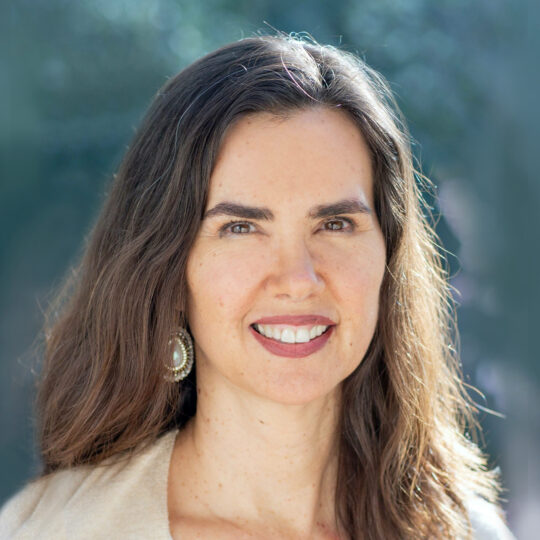Optional Practice Group Sessions with Mentors (please use the same zoom link) in Pacific Time:
General :Jan 4th 2pm, Jan 6th 8am & 6pm, Jan 11th 2pm with Chris, Jan 13th 6pm, Jan 15th 12pm
BIPOC: Jan 5th 10am, Jan 8th 8am, and Jan 15th 8am, Jan 21st 2pm
LGBTQIA: Jan 7th , Jan 11th, and Jan 14th 2pm
Kristin Neff and Christopher Germer are pioneers in the scientific development of self-compassion. They have brought their respective experience together in the empirically-supported Mindful Self-Compassion (MSC) program. This Core Skills Workshop allows an opportunity for people to immerse themselves in some of the key practices and exercises of the full 8-week program in an intensive 4-session format.
Self-compassion: What is It?
Self-compassion is the emotional attitude of bringing kindness to ourselves when things go wrong in our lives. Most of us easily treat our friends and loved ones with warmth, tenderness and patience when they struggle, fall short or fail at times in their lives, but we have a much harder time bringing those same qualities of compassion to our own selves in the same situations. Self-compassion is directed to the one who is suffering, and encourages us to consider the fundamental question of “What do I need?” By recognizing that difficulty is here (mindfulness), that these things are a part of every human life (common humanity), and connecting with our natural capacity for kindness toward suffering (self-kindness), we can develop healthy and enduring patterns of relating to all the circumstances of life.
Self-compassion: How to Learn It
Self-compassion can be learned by anyone, even those who didn’t receive enough affection in childhood or who find it embarrassing to be kind to oneself. It’s a courageous mental attitude that stands up to harm, including the discomfort that we unwittingly inflict on ourselves through self-criticism, self-isolation, and self-rumination when things go wrong. Self-compassion provides emotional strength and resilience, allowing us to admit our shortcomings, forgive ourselves, and respond to ourselves and others with care and respect, and be fully human.
MSC Core Skills Objectives:
At the completion of this activity, participants should be able to:
- Identify the three key components of self-compassion
- Describe key research that supports the benefits of self-compassion
- Practice techniques to increase self-compassion in everyday life
- Use self-compassion to alleviate caregiver burnout
- Motivate themselves with encouragement rather than self-criticism
- Relate to difficult emotions with greater moment-to-moment acceptance
- Respond to feelings of failure or inadequacy with self-kindness
- Begin to transform difficult relationships, old and new, through self-validation
- Practice the art of savoring and self-appreciation
- Integrate core mindfulness and self-compassion exercises into daily life
- Teach simple self-compassion practices to patients, students, or clients
Program activities include talks, meditation, experiential exercises, and group discussion. Participants will directly experience self-compassion and learn practices that evoke self-compassion in daily life. No previous experience with mindfulness or meditation is required to attend the program.
Schedule 10-1pm PT:
Tuesday January 4th
Friday January 7th
Tuesday January 11th
Friday January 14th
Recommended Reading: The Mindful Self-Compassion Workbook: A Proven Way to Accept Yourself, Build Inner Strength, and Thrive
Note: This event will be recorded and emailed to all participants at the end of the course. It will be available for 2 weeks.
Psychologists: Continuing Education Credit for this program is provided by UC San Diego Center for Mindfulness. The UC San Diego Center for Mindfulness is approved by the American Psychological Association to sponsor continuing education for psychologists. The UC San Diego Center for Mindfulness maintains responsibility for this program and its content. This course offers 11.0 hours of credit.
California licensed MFTs, LPCCs, LEPs, LCSWs: Continuing Education Credit for this program is provided by UC San Diego Center for Mindfulness. The UC San Diego Center for Mindfulness is approved by the American Psychological Association to sponsor continuing education for psychologists. 11.0 contact hours may be applied to your license renewal through the California Board of Behavioral Sciences. For those licensed outside California, please check with your local licensing board to determine if APA accreditation meets their requirements.
Nurses: UC San Diego Center for Mindfulness is approved by the California Board of Registered Nursing, Provider Number CEP16351, for 13.0 contact hours.




